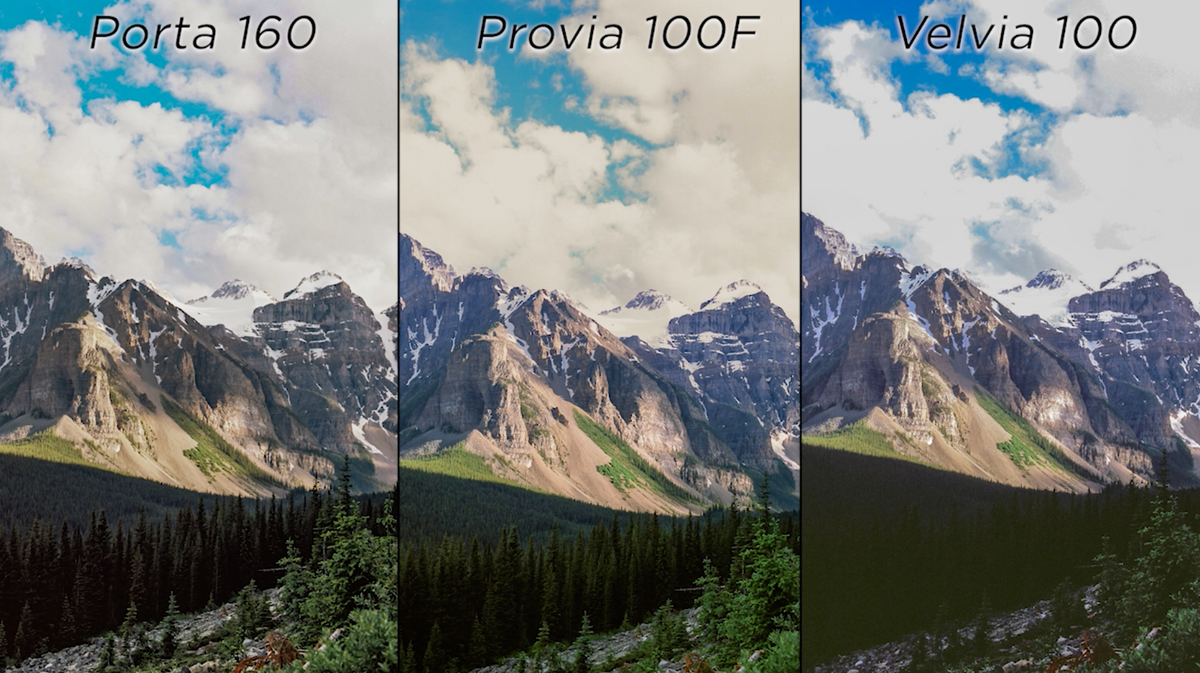
Slide Film vs Color Negative Portra 160, Provia 100F & Velvia 100
Slide Film Vs Colour Negative. Looking at price first. I'm using the Analogue Wonderland website to compare prices because that's where I buy my film from (when I'm not buying expired that is).. There are a few options for slide film - in 35mm you are looking at £19 or £20 per roll and in 120 you are looking at £12.50 to £14 per roll.

C41ColorNegativeFilmandE6SlideFilm 1 The Darkroom Photo Lab
Slide film, also known as reversal film, is a transparent 'film' presenting a positive image. Most film photographers use today are negatives. This means the scene needs reversing to be a true scene replication. The most common slide film size is 35 mm, but there were films for 6x6 medium format.

E6 Slide Film vs C41Color Negative Film Film, Negativity, Color
Transparency, color reversal or 'slide' film (all the same) was meant to be projected or directly viewed, and for that it really shines. However, it has a narrow window of exposure latitude, and you need to calculate your exposures with care. Correct metering gets increasingly difficult as the lighting and situations quickly change.
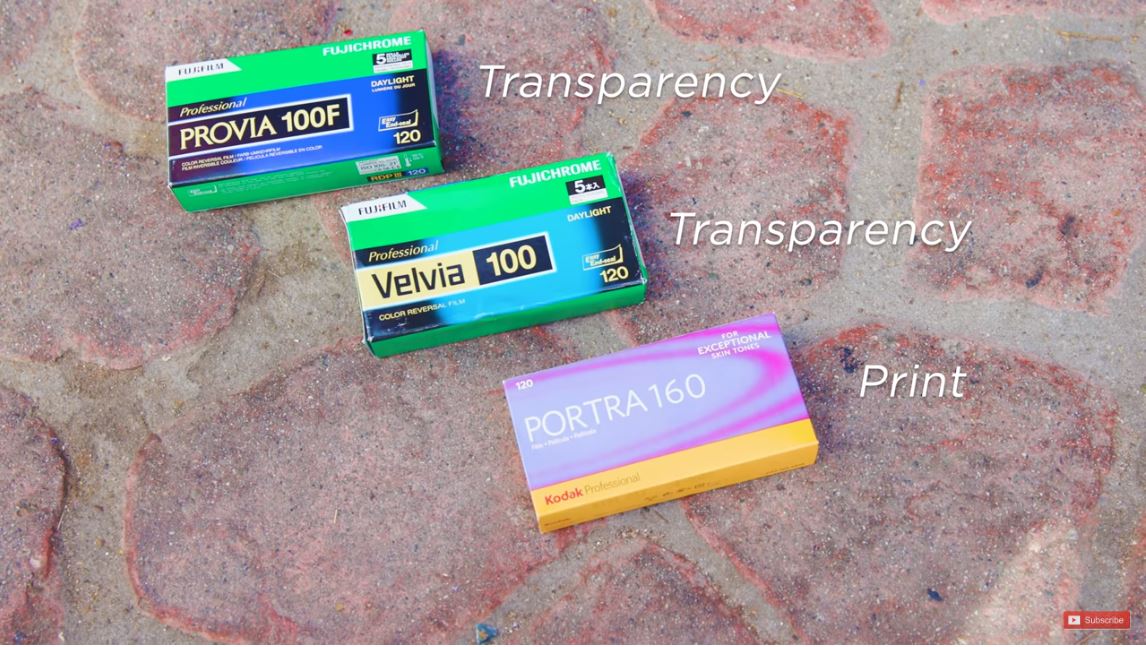
Detailed Comparison Shows Difference Between Slide Film vs. Color
Slide Film vs Color Negative Film In short, slide film produces a positive image on a transparent base, while color negatives the lightest areas of the photographed subject appear darkest and the darkest areas appear lightest. The color negative film is then reversed during scanning. The Darkroom Photo Lab 2 E-6 Slide Film Processing
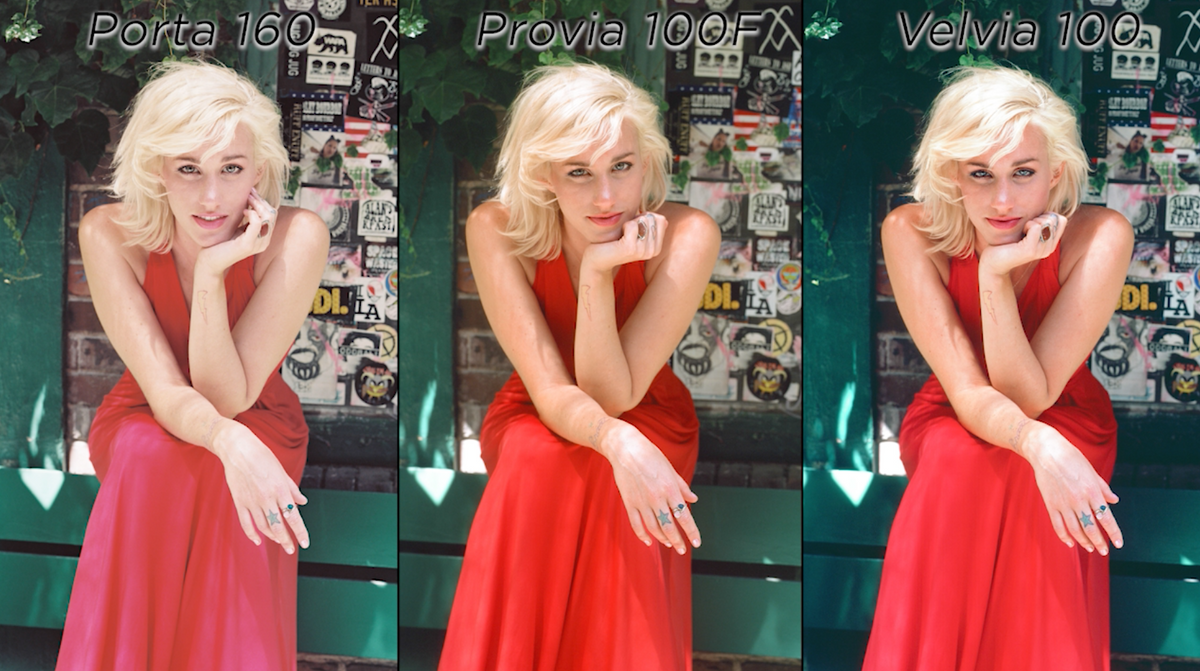
Slide Film vs Color Negative Portra 160, Provia 100F & Velvia 100
Nov 09, 2022 When choosing what film type to shoot most people only think about making the tough call of picking between colour or B&W, but things are more complicated once you've decided the colour life is for you. The next choice is deciding between colour negative film (C41) and colour positive film (E6). The two main types of colour film
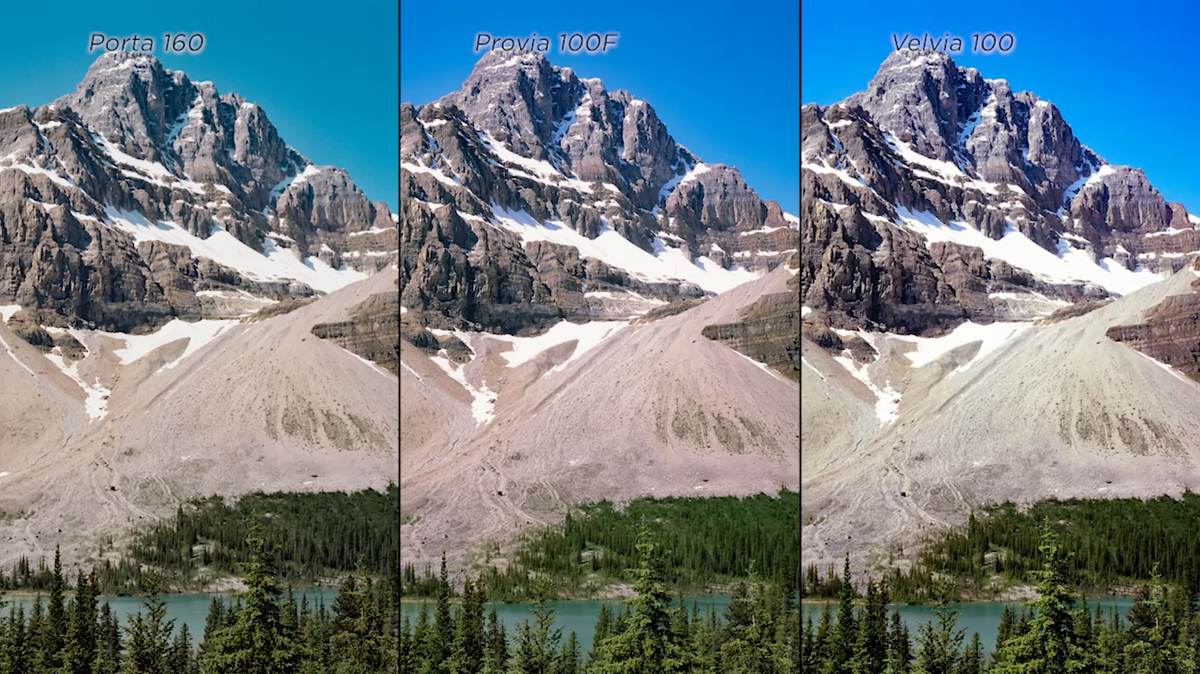
Slide Film vs Color Negative Portra 160, Provia 100F & Velvia 100
Color negative film is the kind of film usually found in convenience stores. It uses C-41 chemicals for processing, and you get negatives and prints from it when processed normally. Color negative film is very much "What you see is what you get" when it comes to coloration.
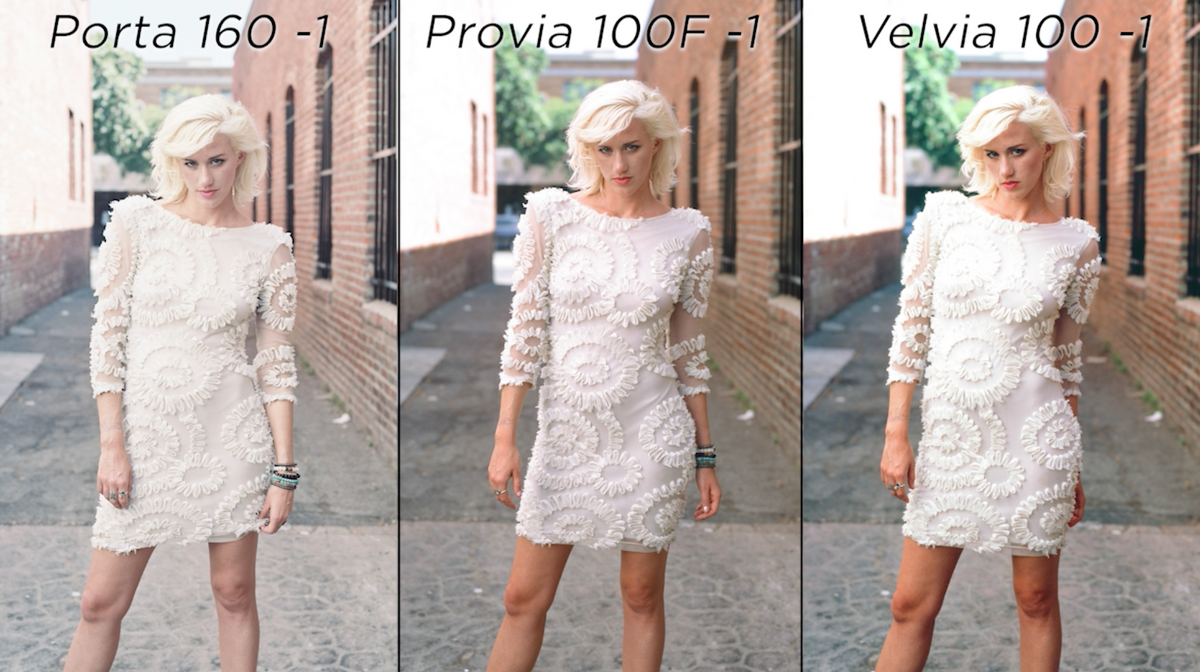
Slide Film vs Color Negative Portra 160, Provia 100F & Velvia 100
As general statements and an overall guide to photography, slide film is the superior format. However, negative film is extremely flexible and forgiving, particularly under different conditions. The real question to photographers should be: quality or flexibility? Slide Film Quality and the Flexibility of Negative Film

Slide Film vs Color Print Film and Negative Film Guide to Film
On the downside, slide film is much less forgiving of bad exposure: when light is very contrasted, you have to choose if you sacrifice highlights or shadows (similar to digital), while negative film can take more contrast.
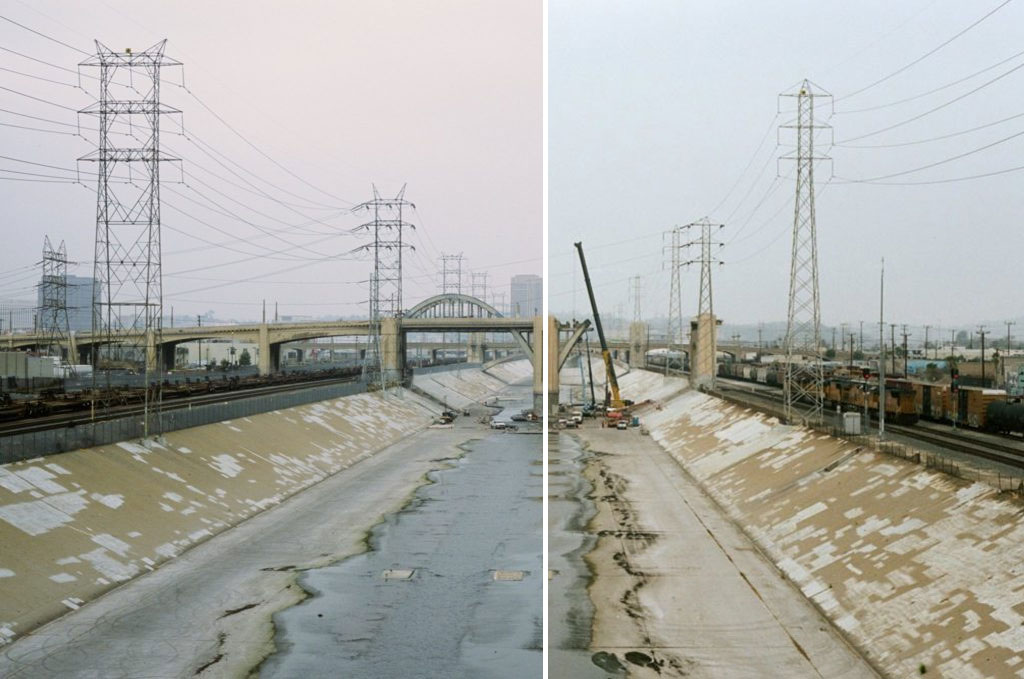
Slide Film vs Color Negative Portra 160 vs Provia 100F The Darkroom
Slide vs Color Negative Film: How They Compare and When to Use Each Jul 27, 2018 Jay P. Morgan Film is on the resurgence as of late. Transparency film is another option from your regular.

How to Easily SCAN and EDIT 35mm Film Slides and Negatives YouTube
In photography, reversal film or slide film is a type of photographic film that produces a positive image on a transparent base. [1] Instead of negatives and prints, reversal film is processed to produce transparencies or diapositives (abbreviated as "diafilm" or "dia" in some languages like German or Hungarian ).

Choosing 35mm or 120 film The Darkroom Photo Lab
Longevity and Preservation ️. Over time, C-41 (colour negative) is more likely to degrade than E-6 (slide film). Due to the instability of dyes, C-41 negatives can fade or colour-shift, affecting the longevity of the memories captured.
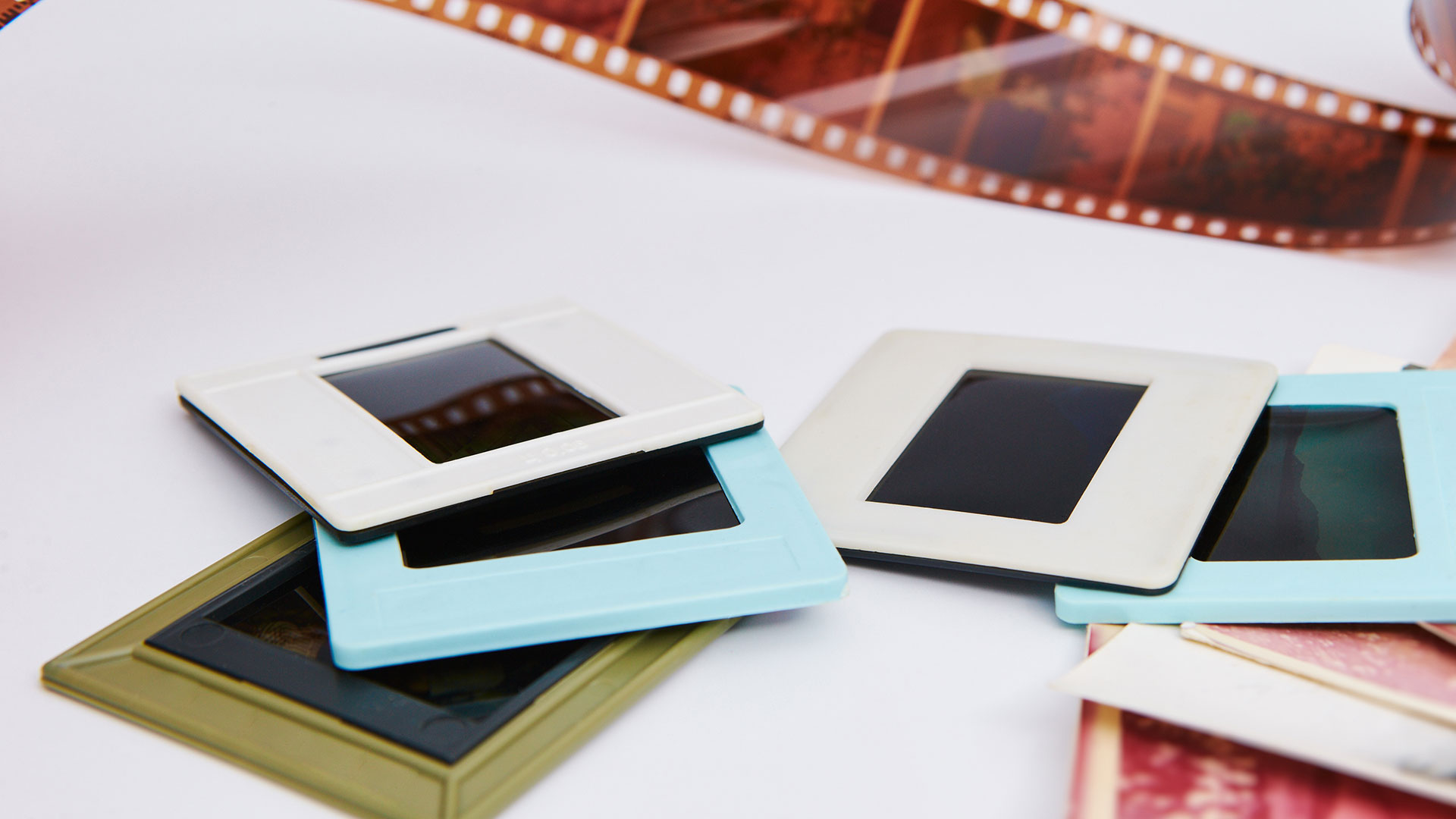
Photo, Slide, And Film Negative Scanning Perfect Image Camera
The fundamental difference between color negative film and slide films lies in their alternate names: the former is also known as print film, while the latter is also known as transparency.

Color negative vs slide film Photo Jottings
Here's the main differences: Negative film is by far the most popular choice in still photography. It comes in two basic flavors: black and white negative and color negative. To view images correctly, these films need to be either scanned digitally or be printed on photographic paper in a darkroom to provide a correct image.

Slide Film vs Color Negative Film Which is the Best? YouTube
Simply, print film produces a negative image, while slide film produces a positive image. Recent Videos Individual frames of developed slide film can be mounted in sealed sleeves and projected onto a screen. Color slide film produces brighter, more vibrant images than can be produced with color print film.

Developing Slide Film vs Colour Negative Film Adam Insights
Slide Film vs Color Negative Film - Which is the Best? Jason Webber 5.84K subscribers Subscribe 10K views 4 years ago Today I recap my past few weeks of photography and talk about the.
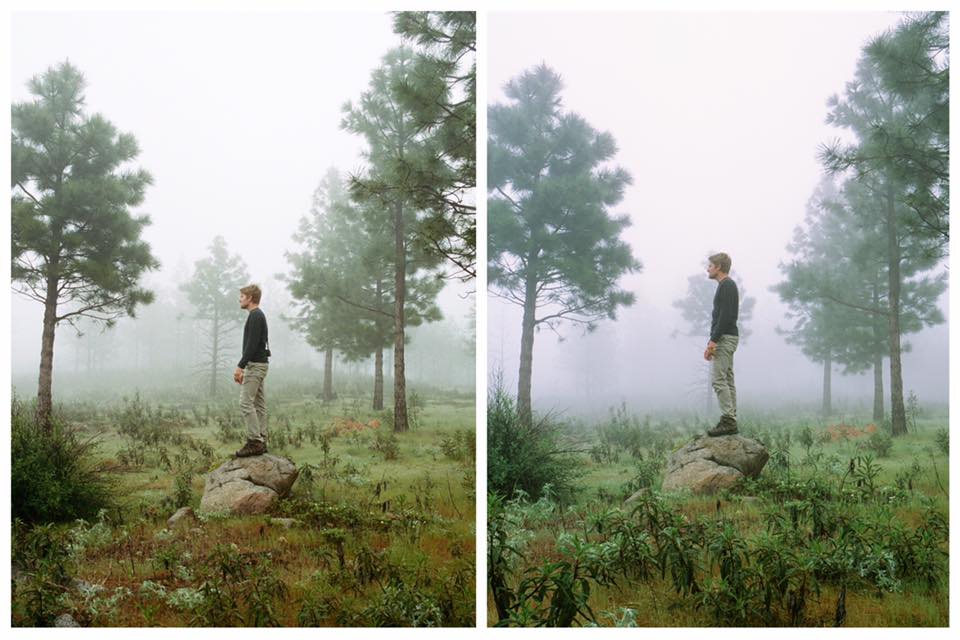
E6 Slide Film vs C41Color Negative Film The Darkroom
When it comes to comparing slide film vs. negative film, here are a few things to consider: Benefits of slide film photography (E-6): Slide film is known for its vivid colors and fine grain. When shot properly, slide film will produce visually striking, lifelike images. Ability to see the results of the image on the film slide, before it is.